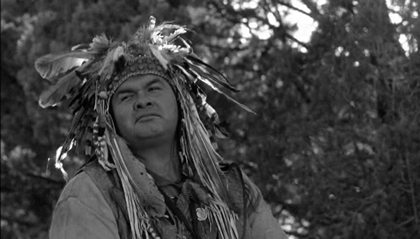The persistent survival of Indigenous nations has long been perceived by settler society as inherently outmoded, savage and obstructive. Yet the seeds of our strength can be found in the occluded spaces of this narrative of domination. Indigenous peoples’ collective capacity to obstruct, to interrupt and — substantively — to break from the destructive force of the colonial status quo, constitutes much of our “raw opposition” and regenerative political power.
Our strength is constituted in a pre-colonial Indigenous nationhood that remains rooted in our homelands and territories, manifest in our laws, ways of life and traditional systems of governance. Our power predates the state’s official revisionist histories. Indigenous nationhood exceeds the limits of the settler imagination.
The legacy of the Idle No More movement is to have given renewed voice to this disruption. When the movement exploded into public consciousness with the full force of our repressed histories of resistance, our struggles were made visible: colonial Canada was laid bare. And when thousands of our people lined the halls of parliamentary buildings, malls and public spaces, our multiplicity coalesced, powerfully, into the unitary force of a determined presence. We were many as one.
But emergent fault lines became visible in the silences that followed. While some fight for decolonization, others continue to pursue ideals of justice and freedom defined by settler paradigms of state-based rights and recognition.
Our movement has succumbed to new forms of stasis. We have been coerced into accepting the false promises of fulfilled treaty partnerships, revenue sharing agreements, Royal Proclamations, and United Nations declarations. Networks of Established Activism, and an accompanying phalanx of settler sympathizers, have infiltrated our movements at every turn. And this defanged form of contention is now performed through re-purposed protests, marches and re-branded public demonstrations. The “Indigenous rights revolution” has become a mechanical spectacle.
Yet, facing this crisis of credibility, the rhetoric of sovereignty continues to be called upon to designate all forms of Indigenous political action. Sovereignty is proclaimed with every neoliberal utterance of selfhood, public declaration of presence, and aphoristic status update. What happens when the call-to-action becomes the action itself?
Read More | "Building connections across decolonization struggles" | Luam Kidane and Jarrett Martineau | ROAR Mag
